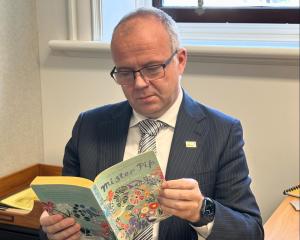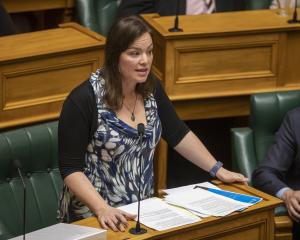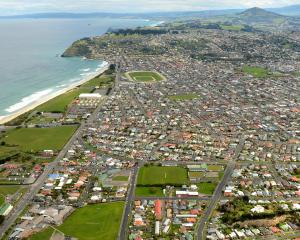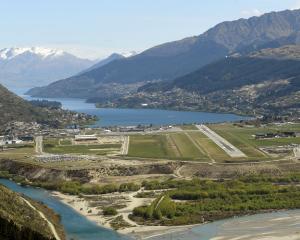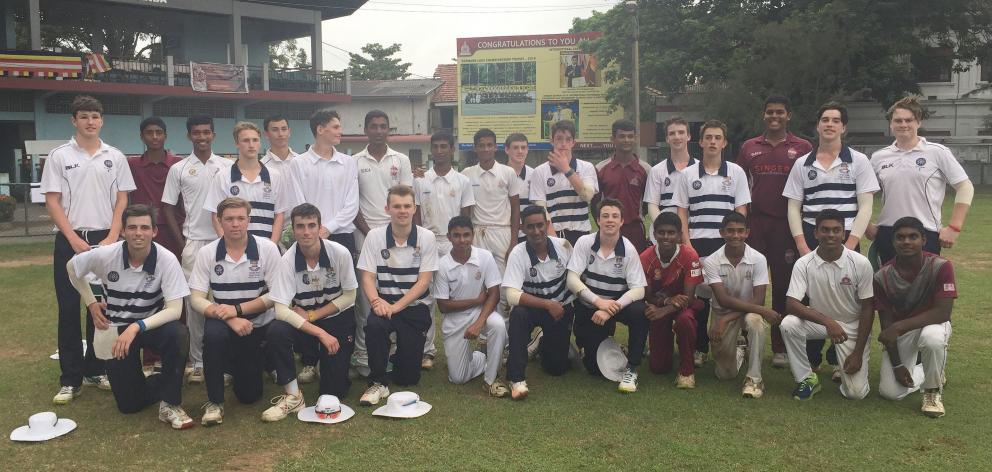
Our house backs on to a golf course, acres of green manicured hills, a vast contrast to my travels in India and Sri Lanka with the Otago Boys' High School cricket tour.
Sri Lanka was beautiful, lots of development and Chinese investment, easier travelling than India and of course I came home with some overpriced gemstones - spot the naive Westerner. In saying that, my cousin messaged me while I was away: ''You will never get India out of your head.'' He was right. It is India I keep returning to in my thoughts.
We spent our time in India in the southern cities of Bangalore and Chennai, travelling by train between the two. Both cities have had massive growth in the past decade. Much of the growth is because of rural to urban migration. Rural land holdings have become smaller (often less than two acres) and less economic.
This on top of adverse weather events, which can wipe out families' incomes overnight, means young men especially, migrate to the cities for greater opportunities. Often, in the cities more poverty awaits them.
The Indian rural economy is large. According to the FAO (Food and Agricultural Organisation of the United Nations), India is the world's largest producer of milk, pulses and jute, and ranks the second-largest producer of rice, wheat, sugarcane, groundnut, vegetables, fruit and cotton. It is also one of the leading producers of spices, fish, poultry, livestock and plantation crops.
India has the third-largest economy in the world at $2.1trillion, after the United States and China. Yet, nearly a quarter of Indians do not get sufficient food to meet their daily nutritional needs and a quarter of India's rural population lives below the poverty line, with a per capita income as low as 816 rupees ($NZ18).
What struck me, in both the cities and the rural areas was the lack of a buffer for when things go wrong. And they do go wrong. Our company works with an Indian agricultural science leader, Dr Chanda Nimbkar. She has been associated with a large project aiming at raising the skills and livelihood of women in rural India.
The project has been badly affected by the recent floods which have claimed the lives of more than 1000 people in India, Nepal and Bangladesh. It seems for every step forward, there are steps back.
Since my return I have been reading about the likely impacts of climate change on Indian agriculture and the predicted increase in the number of adverse weather events.
Thinking about this and the likely affected Indian population highlights the need for climate change mitigation where we can and investment in adaption of plant and animals and management systems to increase resilience to environmental stress. As always, there are things we need to do to create change and hope and my heart goes out to those at the coalface and in the background doing all they can to make a difference.
I want to sign off my travel columns with an acknowledgement of what an honour and privilege it was to travel with the 16 young cricketers of Otago Boys'. To say they were a credit to their school is an understatement. I was surprised by their open-mindedness and sensitivity.
They saw things, raw, ugly and beautiful, they won't forget. They processed things differently to me and it was fun and often moving hearing their interpretations. I look forward to seeing them make their mark on the world as they leave school and I believe this trip will have an influence. In the words of Martin Luther King, Jr: ''The function of education is to teach one to think intensively and to think critically. Intelligence plus character - that is the goal of true education.''
-Anna Campbell is managing director of AbacusBio Ltd, a Dunedin-based agri-technology company.


